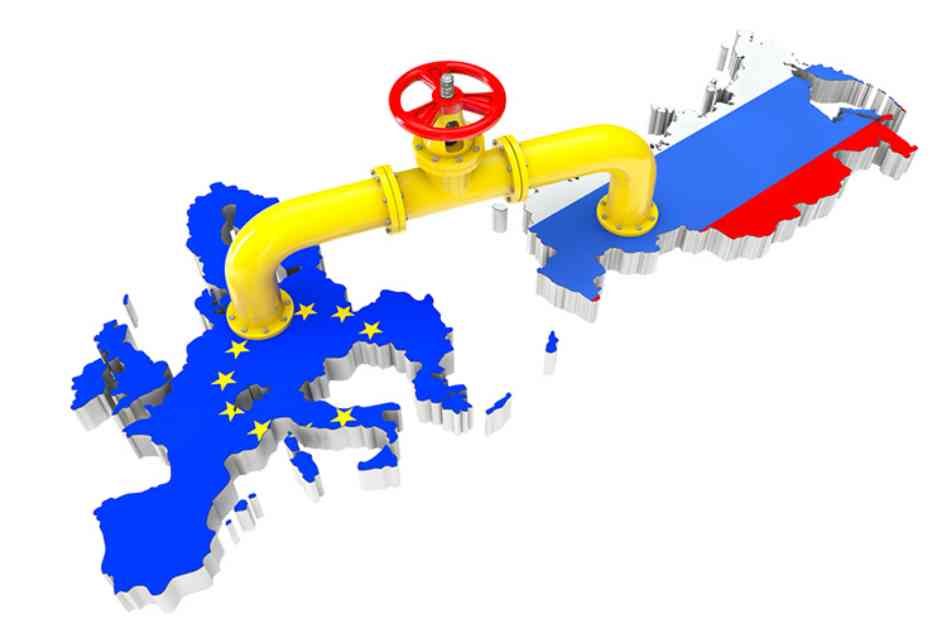Kirby: Ukraine Gas Transit Ban a Costly Defeat for Moscow
White House National Security Council Coordinator John Kirby has labeled Ukraine’s recent decision to halt Russian gas transit through its territory as one of Moscow’s “most expensive defeats.” This move marks a significant shift in Europe’s energy landscape, impacting countries that heavily rely on Russian gas supplies. The ban went into effect on 1 January 2025, following Ukraine’s choice not to renew a five-year transit agreement with Russia due to national security concerns amid the ongoing war.
Depriving Russia of approximately $6.5 billion in annual revenue from European gas sales, this cessation has far-reaching implications. Kirby pointed out that the volume of Russian gas transiting through Ukraine has plummeted from over 130 billion cubic meters annually during Vladimir Putin’s rise to power to zero today. In response to this development, the United States has emerged as a crucial alternative supplier, with American LNG now constituting half of Europe’s imports. Washington is actively supporting European energy diversification through initiatives like the US-EU Energy Security Task Force and the US-EU Energy Council.
**European Partners’ Reactions**
While Kirby emphasized the strategic importance of Ukraine’s decision, it faced resistance from certain European allies, notably Slovakia and Hungary. Slovakia estimated potential financial damages of around €220 million due to the transit halt. Slovak Prime Minister Robert Fico even traveled to Kyiv in an effort to reverse the ban, warning of potential electricity supply cuts in response. Despite these concerns, Slovakia’s energy situation remained stable, with ongoing power supplies to Ukraine facilitated by private energy traders and EU regulations.
**Ukraine’s Justification and EU Preparedness**
Ukrainian Prime Minister Denys Shmyhal defended the ban as a means to sanction Russian gas and prevent energy revenues from funding military operations, aligning with Ukraine’s strategic goals. While the European Union had prepared for this transition, some member states engaged in negotiations with Ukraine until the ban’s implementation. The cutoff of Russian gas had immediate consequences, leaving approximately 300,000 residents of Transnistria, a pro-Russian separatist region in Moldova, without gas, heating, and hot water since 1 January.
The head of Transnistria’s government advised residents to use firewood for heating, acknowledging that blackouts were inevitable. Despite the challenges posed by the gas cutoff, the region’s energy crisis highlights the broader implications of geopolitical decisions on ordinary citizens’ daily lives.

















